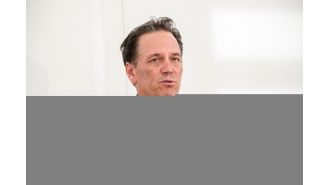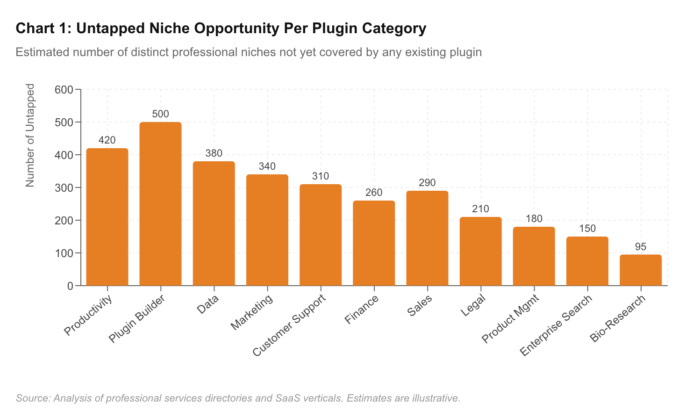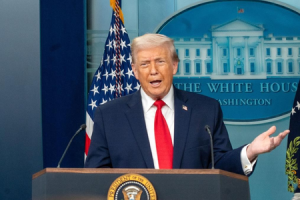France is voting in an election with high turnout that could result in sharing power between Macron and the far right.
France is holding crucial runoff elections that could result in a win for the far-right National Rally and its anti-immigrant stance, or a hung parliament and political gridlock. These elections will also have an impact on the situation in Ukraine.

On Sunday, the people of France were casting their votes in a crucial runoff election. The results could potentially lead to a historic win for Marine Le Pen's far-right National Rally and their anti-immigrant agenda, or it could result in a hung parliament and political stalemate.
The snap legislative elections in France, a powerful nation armed with nuclear weapons and a major player in the global economy, will have far-reaching effects on the war in Ukraine, international relations, and Europe's economic stability. These elections are also expected to weaken French President Emmanuel Macron's leadership for the remainder of his term. Macron took a bold risk by dissolving parliament and calling for these elections after his centrist party suffered a major defeat in the European elections on June 9th.
The first round of voting on June 30th saw a significant increase in support for the nationalist National Rally, propelling them to the top spot. With over 49 million registered voters, these elections will determine which party gains control of the 577-member National Assembly, France's influential lower house of parliament, and who will serve as prime minister. If Macron's centrist majority continues to lose support, he will be forced to share power with parties that oppose his pro-business and pro-European Union policies.
As voters lined up at polling stations in Paris, they were well aware of the weight of their decisions and the potential consequences for France and beyond. One voter, Thomas Bertrand, expressed his belief that the core values of individual freedoms, tolerance, and respect for others were at stake in these elections.
The electoral campaign has been marred by incidents of racism and anti-Semitism, as well as disinformation campaigns by Russia. More than 50 candidates have reported physical attacks, which is highly unusual for France. To ensure safety and security, the government has deployed 30,000 police officers on voting day.
These elections come at a time when France is celebrating a special summer, with Paris preparing to host the Olympic Games, the national soccer team reaching the semifinals of the Euro 2024 championship, and the Tour de France taking place alongside the Olympic torch relay.
Reflecting the high stakes of these elections, there has been a significant increase in voter turnout, which is unusual for legislative elections. As of 5 p.m. local time, turnout was at 59.7%, the highest at that time since 1981. In the first round, the turnout was nearly 67%, the highest since 1997.
The outcome of these elections remains uncertain. Polls between the two rounds suggest that the National Rally may win the most seats in the National Assembly but fall short of the majority needed to govern. This outcome would still make history, as the National Rally, a party with a history of xenophobia and minimizing the Holocaust, would become the biggest political force in France.
If they do win a majority, it would be the first time since World War II that France has a far-right government, with 28-year-old party leader Jordan Bardella as prime minister. On the other hand, a hung parliament would mean that no single party has enough seats to govern alone. In this case, the National Rally could try to form a coalition, although they have no natural allies among centrist and leftist parties. Macron could also attempt to form a coalition with the center-left or appoint a technocratic government with no political affiliations.
Regardless of the outcome, Macron has stated that he will not resign and will continue to serve as president until the end of his term in 2027. However, the composition of the government will likely change, with the possibility of a "cohabitation" arrangement where Macron will have to share power with a prime minister who disagrees with his policies.
Many voters, especially in small towns and rural areas, are frustrated with low incomes and feel disconnected from the Parisian political elite. The National Rally has tapped into this sentiment by blaming immigration for France's problems, gaining significant support over the past decade. While Le Pen has softened some of the party's extreme positions, such as leaving NATO and the EU, their core far-right values remain. They have called for a referendum on birthright citizenship, restrictions for dual citizens, and more police freedom to use weapons.
As the day drew to a close, Macron and his wife Brigitte cast their votes in the seaside town of La Touquet, while Prime Minister Gabriel Attal voted in a Paris suburb. Le Pen did not vote since her district was not holding a second round after she won outright in the first round. In total, 76 candidates have secured seats, including 39 from the National Rally, 32 from the leftist New Popular Front alliance, and two from Macron's centrist list.
The election results are expected to be announced on Sunday night, with official results coming in late Sunday or early Monday. Whether it be a far-right victory or a hung parliament, the outcome of these elections will be unprecedented for modern France and will have a significant impact on the country's future.










